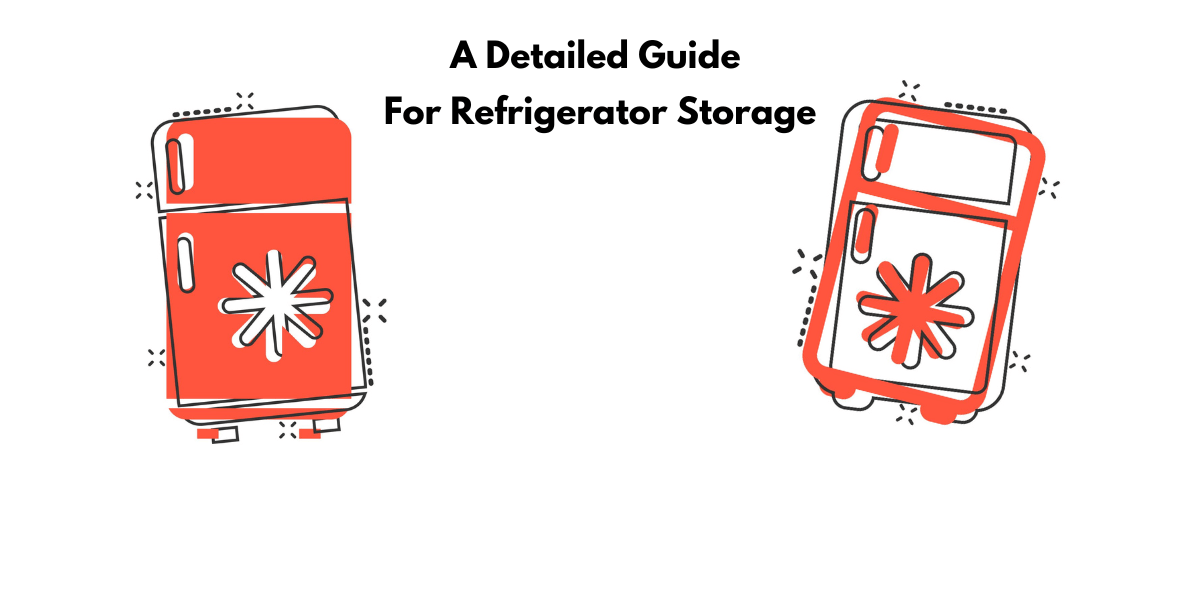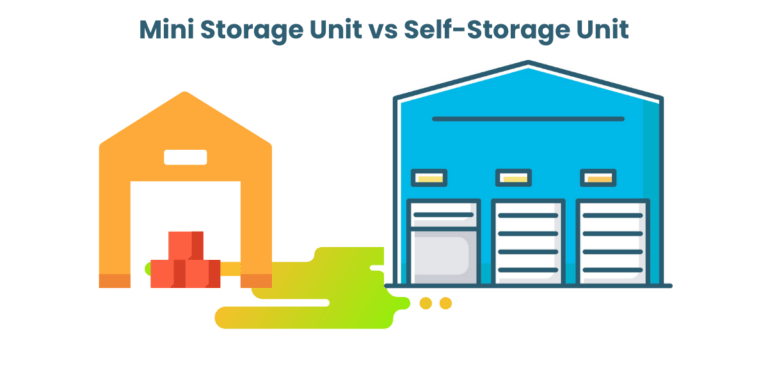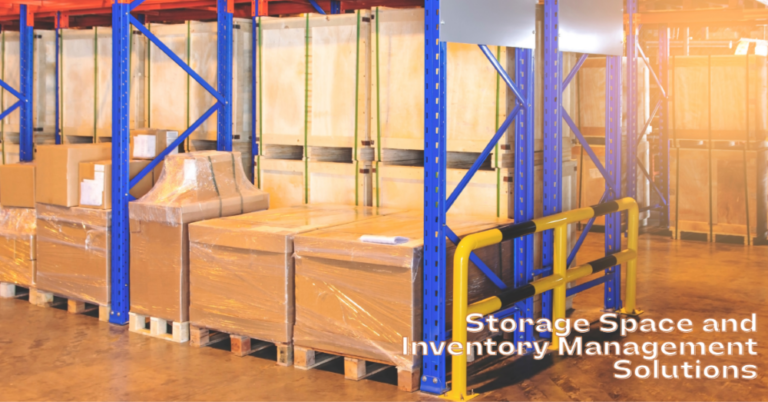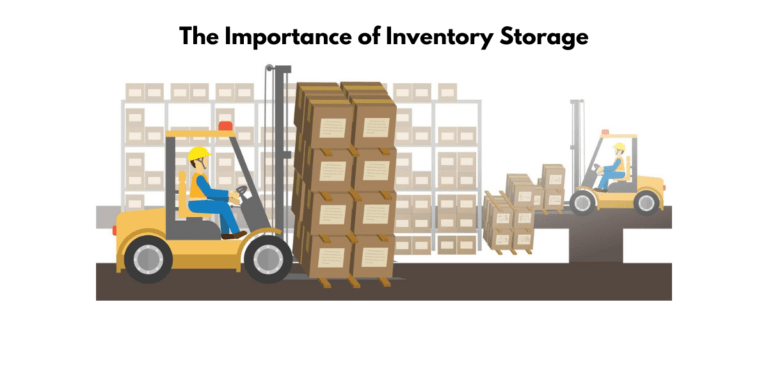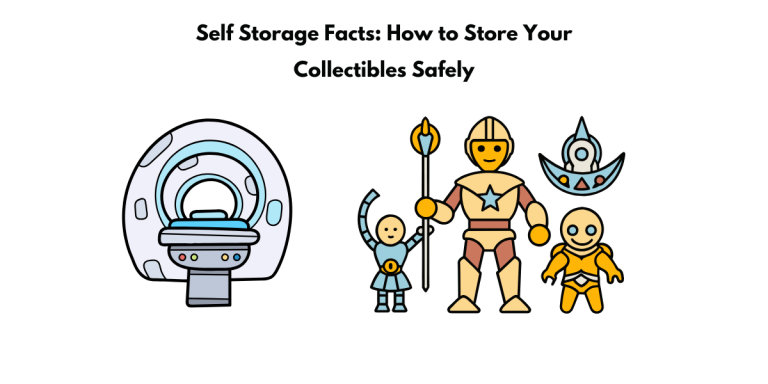A Step-by-Step Guide to Proper Refrigerator Storage
Proper refrigerator storage
Paying close attention to any refrigerator storage tip is important, as this expensive appliance requires a gentle yet thorough approach. Some of the main things you should remember are not to overload it, to keep it clean, and to pay attention to what you’re storing. For example, it’s relatively easy to pack clothing in boxes when clearing space in your home or while preparing for a move, but it’s not that simple to pack up a refrigerator. In addition, you need to be mindful of the food inside and ensure everything is properly sealed so that no cold air escapes.
To store your refrigerator safely and without any damage, it’s important to follow some key tips. First, you should never try to move the fridge on your own- get help from friends or family. Next, ensure you unplug the fridge and defrost it before storing it. Finally, pack it well with blankets and bubble wrap, so it doesn’t move around too much during transport.
Choosing the right self-storage unit for your refrigerator
When storing your refrigerator, choosing the right self-storage unit is important. There are two types of storage units: hanging and floor storage. Hanging storage units are best for smaller refrigerators that can fit in a standard cabinet. Floor storage units are best for larger refrigerators that do not fit a standard cabinet.
When choosing a self-storage unit for your refrigerator, remember a few things. If your refrigerator is small enough to fit in a standard cabinet, you should choose a hanging storage unit that is easy to access. If your refrigerator is bigger, you will need to choose a self-storage unit that is big enough to store it. You should also choose a self-storage unit close to your home, so you can easily get the refrigerator when needed.
When choosing a self-storage unit for your refrigerator, you should consider the storage space available. The unit should have enough room to store your refrigerator and other belongings. You should also look for a self-storage unit with climate control so your refrigerator will not get too hot or cold.

How to store a refrigerator in storage
You need to keep a few things in mind when storing a refrigerator. Whether you’re looking to store it for a few months or a few years, these tips will help make sure your fridge stays in good condition. For short-term storage, defrost a freezer and clean it before putting it into storage. If you’re storing it for longer than a year, you’ll need to disconnect the fridge from power and water and empty it.
Switch off the refrigerator the night before you plan on storing it
You should switch off your refrigerator the night before you plan on storing it to avoid condensation and moisture build-up. This will help to prevent damage to your appliance and keep it in good condition.
Clean and disinfect every surface, inside and out
It is important to clean and disinfect every surface, inside and out, of your refrigerator before storing it in storage. This will help prevent bacteria from growing and spreading throughout the unit.
Storing a refrigerator in storage can be a risky proposition for the environment. However, disinfecting and cleaning refrigerators before storing them can help prevent bacteria from growing and spreading throughout the unit. Not only will this keep your refrigerator healthy, but it will also ensure that any food stored inside is safe to eat.
Ensure the refrigerator is completely dry
To store a refrigerator in storage, it is important to ensure that the appliance is completely dry. This will prevent moisture from building up and causing damage to the unit.
Moisture can cause corrosion on parts of the refrigerator and can also lead to mold growth. If left unchecked, this moisture can eventually destroy the appliance. By following these simple steps, you can ensure that your refrigerator is stored safely and without damage.
Move the refrigerator carefully
Moving a fridge can be dangerous if done incorrectly. Follow these tips to move your fridge safely:
- 1Clear an area large enough to fit the refrigerator and its contents.
- Remove any sharp objects that might be in the way, such as cords or shelves.
- Arrange boxes or furniture so they won’t fall on the appliance while it’s being moved.
- Use a dolly to move the refrigerator slowly and carefully, not damaging it or knocking over any boxes or furniture along the way.
- If possible, have someone help you move the refrigerator; two people can handle it much more easily than one person alone.
- Never lift a refrigerator by its corners; use straps or handles for extra safety when moving it around your home or office.

Keep the refrigerator upright at all times
It is important always to keep the refrigerator upright to prevent it from becoming damaged. If the refrigerator is tilted, condensation can build up and cause problems with the insulation. Additionally, if the fridge falls over, it could start leaking and create a mess.
When storing a refrigerator in storage, it is important to ensure that it remains upright to prevent damage. This includes keeping the door closed so that moisture cannot get inside and causing problems with the fridge’s insulation or falling over and potentially damaging the appliance.
Properly store the refrigerator in a purpose-built storage facility
When storing a refrigerator in a purpose-built storage facility, it is important to follow specific guidelines to ensure the appliance’s safety and the employees working with it.
The most important guideline is to ensure the refrigerator is placed on a level surface. This will prevent damage from occurring if it falls.
Another important guideline is to keep the refrigerator away from direct sunlight and heat sources. These elements can cause the internal components of the refrigerator to malfunction.
It is also important to keep humidity levels low, as high humidity can damage electronic equipment within a fridge. Finally, keep all hazardous materials from the fridge, including flammable liquids and gases.
Following these simple guidelines ensures that your refrigerator will be stored safely and function properly when needed.
Is climate control necessary?
Climate control is necessary to maintain the correct temperatures and humidity. Without climate control, your food will be at risk of spoilage, and you’ll have to throw it out. Climate control allows storing food at a consistent temperature to last longer. The refrigerator should always be set to the correct temperature, so your food doesn’t spoil.
- A Step-by-Step Guide to Proper Refrigerator Storage - February 24, 2023

